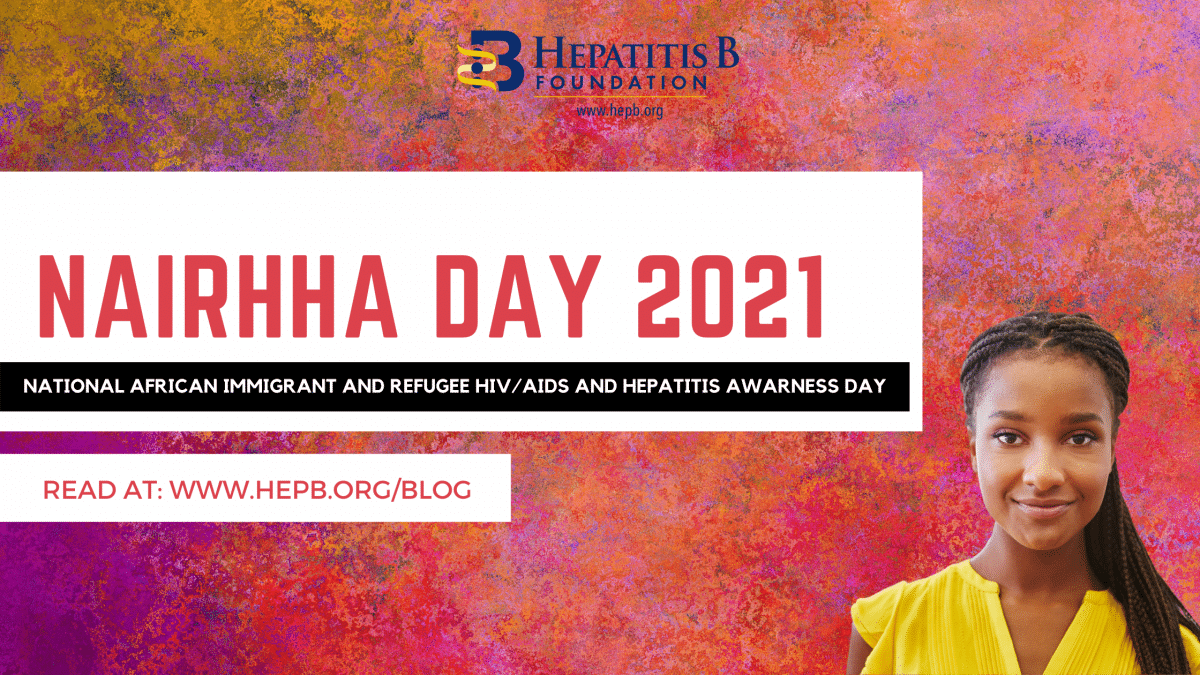
September is Sexual Health Month! This month we focus on the intersection of hepatitis B and sexual health.
Hepatitis B is the most common serious liver infection in the world with 300 million people chronically infected. It is caused by the hepatitis B virus that attacks and injures the liver. Hepatitis B can be spread through sexual contact. It is usually spread when blood, semen, or other body fluids from a person infected with the hepatitis B virus enter the body of someone who is not infected. In fact, hepatitis B is easily spread through sexual contact as it is 50x-100x more infectious than HIV.
Can I Kiss My Partner?
Yes! Spreading hepatitis B through kissing is highly unlikely, however, deep kissing that involves the exchange of large amounts of saliva might result in infection if there are cuts or abrasions in the mouth of the infected person, especially if they have a high viral load.
Does Type of Sexual Activity Matter?
Certain sexual activities are riskier at spreading hepatitis B than others. Oral sex appears to have a lower rate of hepatitis B transmission than vaginal sex. Anal sex carries a high risk of transmission because tears in the skin that can occur during penetration improves the transmission of hepatitis B.
Who Should be Vaccinated for Hepatitis B?
The great news is that there is a safe and effective vaccine for hepatitis B and is recommended for sexually active adults. Once vaccinated, a person should be protected from developing a hepatitis B infection even if they are exposed through sexual contact! Adults who especially should get the vaccine include:
- People with multiple sexual partners
- Anyone who has been diagnosed with a sexually transmitted disease
- Men who have sexual encounters with other men
- Sexual partners or close household contacts of someone living with hepatitis B
For adults, the vaccine is usually given as a series of 3 shots over a period of 6 months. In the U.S., there is also a 2-dose vaccine available that is given over 1 month. Whichever brand of vaccine you take, the entire series of shots is needed for long-term protection. If you are unaware of your hepatitis B status, ask your healthcare provider to get tested! More information on the simple hepatitis B testing can be found here!
Additional Prevention Methods
Practicing safe sex is also a great way to prevent the transmission of hepatitis B. If someone is living with hepatitis B and you don’t know your partner’s hepatitis B vaccine status, be sure to have sex with a condom to prevent the transmission of hepatitis B during intercourse. Sometimes during sex, people like to use personal lubricants. When using condoms it is important to remember to only use silicone or water-based lubricant. Oil-based lubricants increase the chance of ripping or tearing the condom.
Author: Evangeline Wang
Contact Information: info@hepb.org


